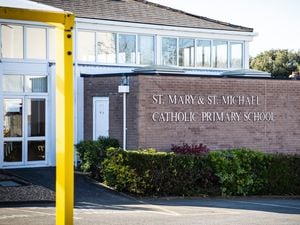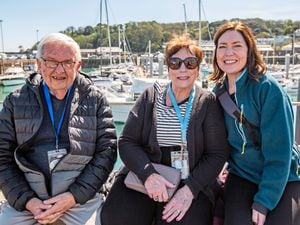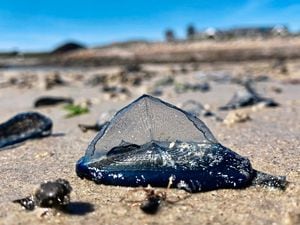‘Reserves will have to be raided to pay for neglected infrastructure’
HISTORIC lack of investment in infrastructure will see the States’ Trading Supervisory Board looking to the States’ capital reserve, its president told deputies.
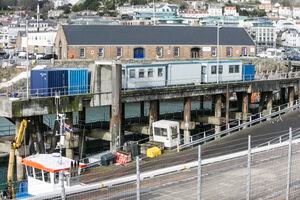
In his general update of the board’s work, Peter Ferbrache said that this historic issue was one of two key challenges facing it.
Two examples of this problem were the Dairy and harbours, which had a backlog of essential maintenance, he said.
But the focus now was on a more commercial mindset which meant dispensing with the public sector funding approach and focus was on properly-funded, long-term strategies to replace assets, including buildings, and that would involve turning to capital reserve.
The second challenge was problems with other committees not delivering on certain things, with the delay to awarding a public service obligation contract for the Alderney routes.
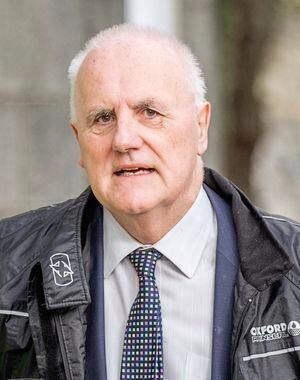
As well as impacting on Aurigny, it was having a major impact on the people of Alderney because of reduced services over the summer and Deputy Ferbrache apologised to them.
Delays in agreeing an energy policy and making progress with new regulatory arrangements for the States-owned utilities have had an impact on Guernsey Electricity and made it harder to plan effectively.
He referred to a recent announcement that the island’s power, now the undersea cable link to France had been restored, all came from renewable sources.
But this was challenged during questions by Deputy David De Lisle, who said that nuclear and fossil fuels were also being used in France.
Deputy Ferbrache said all he could do was rely on the experts at GE, who had said that the electricity coming through came from renewable sources.
The issue of Aurigny was also raised during questions, with Deputy Ferbrache telling Lyndon Trott that the per passenger losses on the Alderney-Southampton route was not £75 per passenger per flight, as previously cited by Deputy Trott, but it was at least £40. ‘A vast sum and that needs to be addressed,’ he said.
Alderney representative Steve Roberts asked why Aurigny could not wet-lease another aircraft to help it during the summer, and Deputy Ferbrache said that this would have cost ‘a heck of a lot of money’ over a long period and was not affordable.
Deputy John Gollop asked about the success of the recycling programme and would this lead to higher refuse disposal charges, but Deputy Ferbrache said he had addressed this in his statement when he said that a sudden rise in prices was not anticipated.



